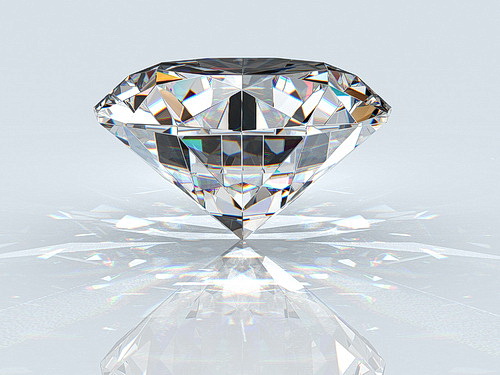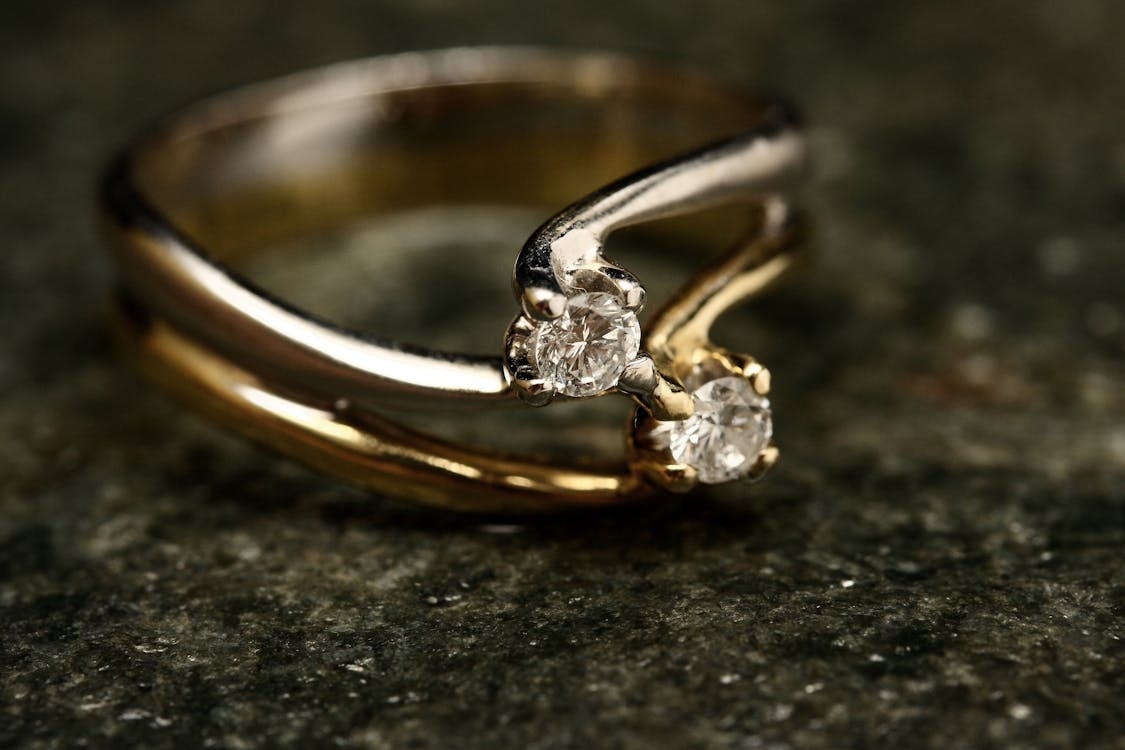When it comes to buying a diamond, certification is one of the most important factors to consider. The two most recognized certifications in the diamond industry are IGI and GIA. But what exactly are these certifications, and how do they differ? This article will explore the differences between IGI vs GIA certifications, their unique features, and why these distinctions matter when selecting a certified diamond.
What Are IGI and GIA Certifications?
The terms IGI vs GIA refer to two of the most reputable diamond grading entities in the world: the International Gemological Institute (IGI) and the Gemological Institute of America (GIA). Both organizations provide diamond certification services that offer assurance of the diamond’s quality, value, and authenticity. Although they share similar purposes, there are distinct differences in how they assess and report on a diamond’s characteristics.
The IGI, based in Antwerp, Belgium, has grown into a well-known gem certification institute in Europe and Asia, as well as parts of North America. On the other hand, the GIA, headquartered in the United States, is often considered the global standard for diamond grading and has a reputation for having stricter grading standards.
The Grading Standards of IGI vs GIA
One of the key differences between IGI vs GIA certifications is their grading standards. While both use the 4Cs (Cut, Color, Clarity, and Carat weight) to evaluate diamonds, GIA is often regarded as more stringent and conservative in its grading approach. For example, a diamond graded as “VS2” in clarity by IGI might be graded as “SI1” by GIA, indicating a slight difference in clarity that could impact the perceived quality and value.
GIA is recognized for its rigorous standards, meaning that diamonds certified by GIA are typically valued higher than IGI-certified diamonds of similar characteristics. IGI, while reputable, is known to be more lenient in its grading, which is sometimes preferred by those looking to buy diamonds at a more affordable price point.
Cost Differences: IGI vs GIA Certified Diamonds
Price is another key factor when comparing IGI vs GIA certified diamonds. Because GIA certification is often viewed as more stringent, diamonds with a GIA certification tend to be priced higher. GIA-certified diamonds are sought after for their strict grading, which can give buyers more confidence in their purchase.
IGI certifications, while credible, generally cost less than GIA certifications. This affordability makes IGI a more attractive option for buyers on a budget or those seeking value. However, buyers should keep in mind that IGI certification may reflect a diamond with a slightly lower grading level than one certified by GIA, even if they appear to be of similar quality.
Clarity and Color Grading Differences: IGI vs GIA
In comparing IGI vs GIA clarity and color grading, GIA’s reputation for precision is evident. GIA has a more comprehensive and conservative approach when assigning grades. For example, a diamond with “G” color and “VS2” clarity from IGI may be graded as “H” color and “SI1” clarity by GIA. This more conservative grading can impact the diamond’s value, as a GIA-certified diamond is usually trusted to be more accurately represented in terms of quality.
For those looking for higher precision and industry-standard certification, GIA is the go-to choice. IGI, however, is popular among retailers and consumers who value affordability and may not need the highest certification standards for personal jewelry pieces.
Popularity in Different Regions: IGI vs GIA
The popularity of IGI vs GIA certification can also vary by region. GIA is highly regarded in the United States and many Western markets, with its certification viewed as the gold standard for diamond grading. Many high-end jewelers in North America prefer GIA-certified diamonds due to the organization’s strict guidelines and reputation.
On the other hand, IGI has a strong presence in European and Asian markets, where its certification is widely accepted and respected. For instance, consumers in these regions often find IGI-certified diamonds more accessible and affordable without compromising on quality assurance.
Resale Value and Investment: IGI vs GIA
Resale value and investment potential are crucial considerations when comparing IGI vs GIA certifications. Due to its stringent grading and global recognition, a GIA-certified diamond generally holds a higher resale value than an IGI-certified diamond of similar quality. Investors and buyers who plan to resell their diamond often prefer GIA certification for this reason.
IGI-certified diamonds, though reputable, may not retain as high a resale value in Western markets, where GIA certification is typically prioritized. However, IGI-certified diamonds can still be a good investment, particularly if purchased for personal enjoyment or when choosing a higher carat diamond at a more affordable price.
Which Certification Should You Choose: IGI vs GIA?
Ultimately, the decision between IGI vs GIA certification depends on the buyer’s priorities. If you’re seeking strict, industry-recognized grading standards and are willing to pay a premium, GIA certification is the top choice. lab diamonds offer buyers peace of mind with their thorough and conservative grading, which is ideal for those investing in fine diamond jewelry.
For budget-conscious buyers or those looking for a beautiful diamond at a more accessible price point, IGI certification may be a better fit. IGI-certified diamonds can offer high quality and visual appeal at a lower cost, making them ideal for everyday jewelry or larger pieces that might otherwise be cost-prohibitive with GIA certification.
Final Thoughts on IGI vs GIA
In the end, the IGI vs GIA decision is a matter of personal preference and budget. Both certifications have their strengths, and each provides a reliable level of quality assurance. GIA is the preferred choice for those prioritizing the highest level of grading accuracy and resale value, while IGI offers a more accessible option without compromising on basic quality.
Understanding the differences between IGI vs GIA certifications is essential when buying a diamond. By considering factors like grading standards, cost, popularity, and investment potential, you can make a more informed choice and find the diamond certification that best suits your needs.





